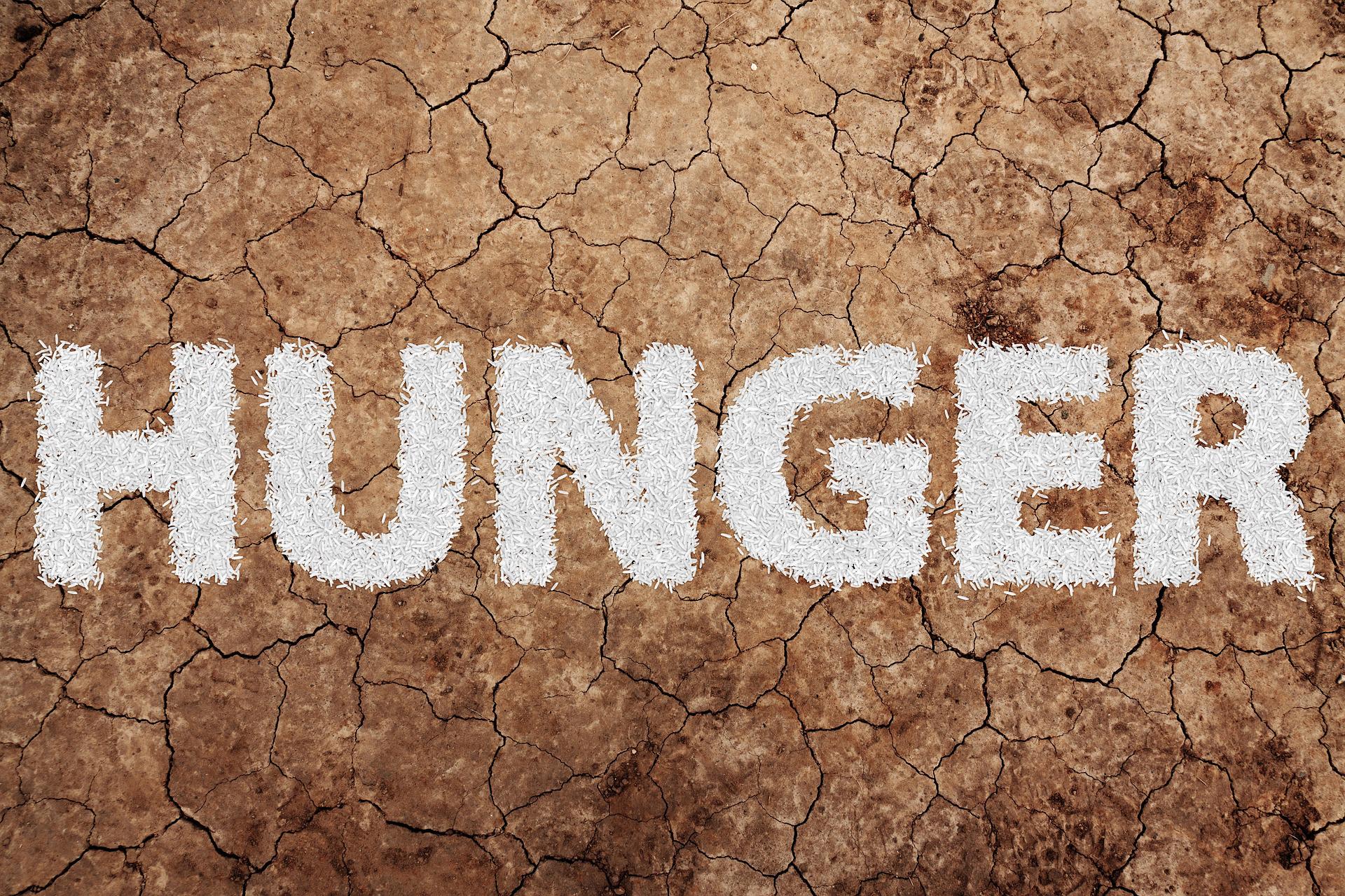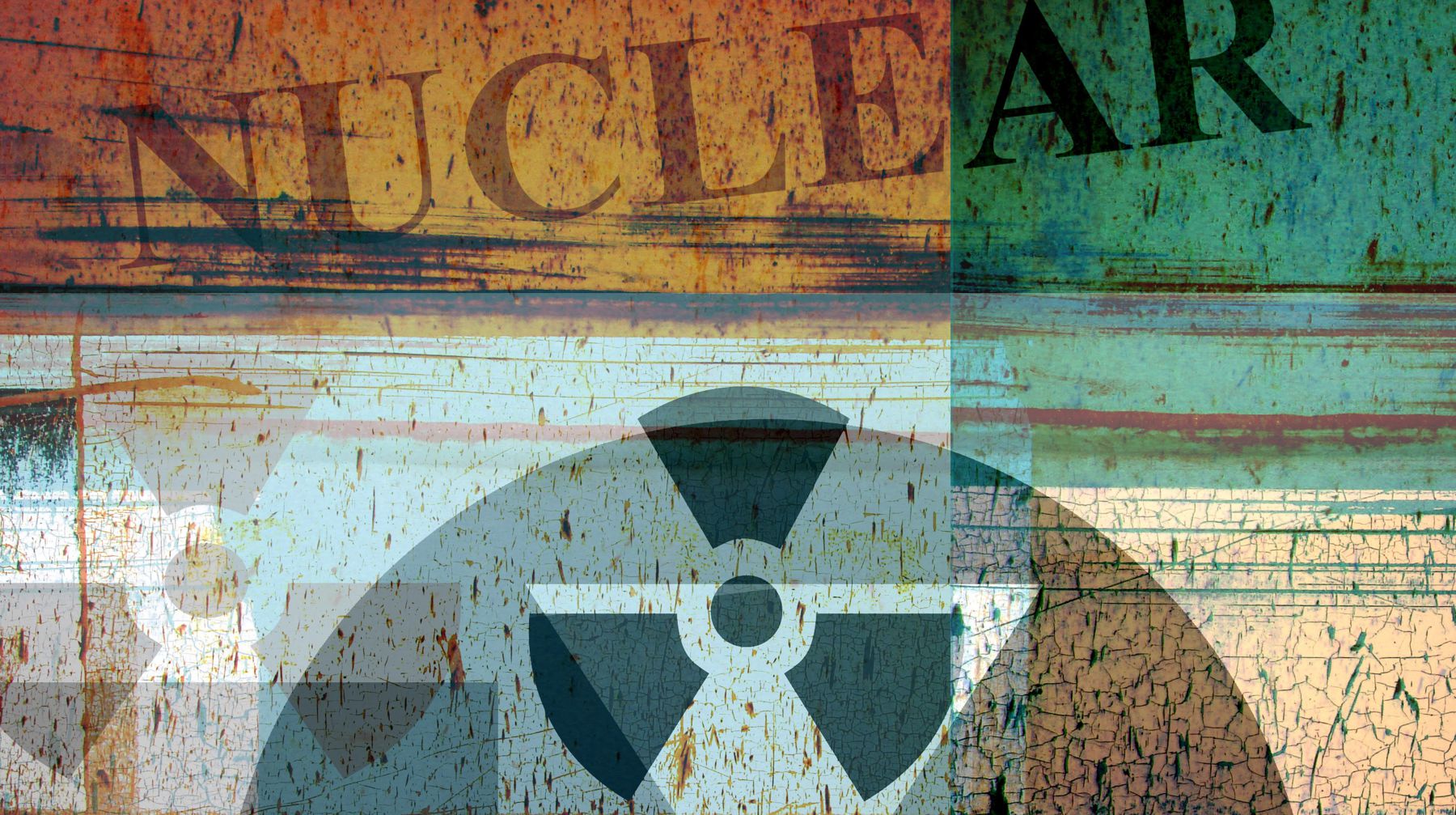
The 10 Biggest Risks Facing Humanity
The 10 Biggest Risks Facing Humanity
Humanity faces numerous risks that threaten our survival and well-being. Some of these risks are natural phenomena, while others are the result of human activities. In this report, we will discuss some of the most significant risks facing humanity today, including the relevant data that demonstrates the scale and complexity of these challenges.
- Climate Change:
Climate change is one of the biggest risks facing humanity today, and its impacts are being felt around the world. The Earth's climate is changing at an unprecedented rate, with the average surface temperature having increased by 1.1°C since the pre-industrial period, according to the Intergovernmental Panel on Climate Change (IPCC). This increase in temperature has caused more extreme weather events, rising sea levels, and other environmental and economic damage. In 2020, there were 22 weather and climate disasters in the US, causing $95 billion in damages, as reported by the National Oceanic and Atmospheric Administration. The Arctic sea ice extent in September 2021 was the second-lowest on record, according to the National Snow and Ice Data Center.
Not only is climate change a huge potential threat, but so are the actions that governments may take to reduce its impact, which include:
Using Climate Change as a cover for war
Climate change has been referred to as a "new kind of war" by Franz Fischer, the Deputy Secretary at the German Foreign Office. Although numerous declarations have been made in the battle against climate change, the struggle to combat global warming could be more fittingly portrayed as a pretext for military expansion. To explore this topic further, delve into our article specifically addressing the concept of climate warfare.
Using Climate Change as a control the public
There is nothing more helpful in controlling the public than having a clear enemy - it helps unite a country behind a common cause, provides a justification for restrictions on freedom and acts as a coercive mechanism for establishing compliance across a diverse population. Examples of controls might include:
- Introducing social credit scores for the general public - either encouraging or forcing compliance
- Using legislation or regulatory controls to restrict discussions and communication on social media, mass media and other websites that are deemed contradictory to the climate change narrative
- Utilising global mechanisms to influence consumption, such as enabling energy price increases
- Banning or restricting meat consumption, foreign travel or other higher carbon emitting activities
- Escalating the fear in the general public in order to enhance political controls and justify increasingly extreme actions
- Global Pandemics:
The ongoing COVID-19 pandemic has highlighted the risks posed by global pandemics. Emerging infectious diseases such as Ebola, SARS, and avian flu have already shown us how quickly a new virus can spread and how difficult it can be to contain. COVID-19 has infected over 329 million people and caused over 5.5 million deaths globally as of February 2023, according to the World Health Organization. The 1918 flu pandemic infected an estimated 500 million people and caused an estimated 50 million deaths worldwide, according to the Centers for Disease Control and Prevention. According to the Global Health Security Index, only 33 out of 195 countries were fully prepared for a pandemic in 2019.
- Nuclear War:
The risk of nuclear war remains a major concern for humanity. There are currently an estimated 13,410 nuclear weapons in the world, with the US and Russia possessing the majority of them, according to the Bulletin of the Atomic Scientists. The use of even a single nuclear weapon could cause catastrophic damage, including a global nuclear winter that would disrupt food supplies and cause widespread famine, as reported by the International Campaign to Abolish Nuclear Weapons. The world has come close to nuclear war on several occasions, and the risk of nuclear conflict remains high in regions of tension, such as North Korea and the Middle East. As of February 2023, the Ukraine war also has the potential to escalate further - and with Russia holding many nuclear weapons there is a very real threat of a nuclear strike.
- Artificial Intelligence:
The rapid development of artificial intelligence (AI) poses significant risks for humanity. The technology has the potential to transform the world in positive ways, but it could also be used to create autonomous weapons, which could be difficult to control. By 2030, it is estimated that AI could add $15.7 trillion to the global economy, according to PwC, however the risks are not fully understood. The US military is developing AI-powered autonomous weapons, which could potentially be used without human intervention. Obviously with many films such as the Terminator conjuring up stories of global destruction at the hands of sentient AI, we have to hope that 'life doesn't imitate art'.
- Cybersecurity:
The world is becoming more interconnected through technology, and as a result, cybersecurity risks are growing. Cyberattacks can disrupt critical infrastructure, steal valuable data, and cause widespread economic damage. The global cost of cybercrime is expected to reach $10.5 trillion annually by 2025, as reported by Cybersecurity Ventures. In 2020, there was a 600% increase in phishing attacks related to COVID-19, according to the FBI Internet Crime Complaint Center. The WannaCry ransomware attack in 2017 affected over 300,000 computers in 150 countries, causing an estimated $4 billion in damages, as reported by BBC News.
- Water Scarcity:
Water scarcity is becoming an increasingly pressing issue, with two-thirds of the global population expected to be facing water scarcity by 2025, according to the World Wildlife Fund. The Colorado River, which provides water to over 40 million people in the US, reached its lowest level in 70 years in 2020. Around 80% of wastewater in the world is discharged into the environment without treatment to enable re-use, according to the World Health Organization.
Water scarcity poses a very real threat to millions of people across the world, impacting crop harvests and food availability in 3rd world countries and food affordability in developed nations.
- Biodiversity Loss:
Biodiversity loss poses a significant threat to humanity as it disrupts the delicate balance of ecosystems, which we rely on for essential resources and services. The decline in species richness and genetic diversity weakens the resilience of ecosystems, making them more susceptible to environmental changes and reducing their ability to provide vital services such as food production, water purification, and climate regulation. Moreover, the loss of biodiversity can lead to the collapse of ecosystems, exacerbating issues such as climate change, food scarcity, and the spread of diseases, all of which directly impact human well-being and survival.
- Artificial Scarcity:
Artificial scarcity is a threat to humanity as it manipulates the availability of resources, goods, or services, often leading to unnecessary deprivation and exacerbating social and economic inequalities. By deliberately limiting supply or access, artificial scarcity can drive up prices, exacerbate poverty, and promote unfair distribution of essential resources such as food, water, or healthcare. For example, the world produces enough food to feed everyone, yet over 690 million people are still going hungry, according to the United Nations World Food Programme.
This intentional constriction not only undermines social cohesion but also hampers innovation and sustainable development, ultimately impeding our collective ability to address global challenges and foster a more equitable and prosperous future for all.
- Economic Instability:
Economic instability poses a significant threat to humanity as it undermines social cohesion, exacerbates inequality, and hampers growth and development. Income inequality has been increasing in many countries, with the top 1% holding 45% of global wealth, as reported by Credit Suisse. Unstable economic conditions can lead to widespread unemployment, reduced access to essential services, and heightened poverty levels. This, in turn, can trigger social unrest, political upheaval, and even conflict, ultimately destabilising societies and disrupting the global economy. Economic instability also hinders investment in critical areas such as healthcare, education, and environmental protection, further endangering human well-being and our ability to address other pressing global challenges.
- Geopolitical Tensions:
Geopolitical tensions are a risk that can lead to armed conflict, humanitarian crises, and other negative impacts on society. According to the Global Peace Index, the world has become less peaceful over the past decade, with conflicts and terrorism increasing in many regions. The recent conflict in Syria has displaced over 13 million people and caused over 500,000 deaths, as reported by the United Nations High Commissioner for Refugees. The ongoing Russia-Ukraine war could easily spill over into neighbouring countries, and with many western nations supplying military support it is hard to see how this war will end. Furthermore, the risk of a conflict between the US and China over economic, geopolitical, or military issues is considered to be high by many experts, as reported by the Council on Foreign Relations.
In conclusion, the risks facing humanity are complex and multifaceted, with significant impacts on our planet and society. It is clear that urgent action is needed to address these risks, and that action needs to be taken on multiple fronts. Governments, businesses, and individuals all have a role to play in addressing these risks. International cooperation is also crucial to address global challenges.
Here are some steps that can be taken:
-
Climate Change: To address climate change, we need to reduce greenhouse gas emissions, transition to clean energy sources, and protect natural resources. Individuals, governments, and businesses can all take steps to reduce their carbon footprint and promote sustainability. Investment should be targeted towards technical innovation that genuinely provides long-term truely sustainable solutions that improve the living standards of populations across the world. Any actions taken must be proportionate, must avoid propaganda and fearmongering, and not in themselves cause poverty, starvation or further suffering.
-
Global Pandemics: To better prepare for global pandemics, we need to improve our public health infrastructure and invest in research and development for new treatments and vaccines. However, due process for vaccine development and distribution should not be fast-tracked as long-term risks require diligent research and testing. We also need to improve international cooperation to better detect and respond to outbreaks. With lessons taken from the recent pandemic, all actions taken by governments should be proportionate, recognising the long-term consequences of short-term solutions.
-
Nuclear War: To reduce the risk of nuclear war, we need to promote diplomacy and conflict resolution between nations. We also need to reduce the number of nuclear weapons in the world and ensure that they are secure and under strict control.
-
Artificial Intelligence: To manage the risks associated with artificial intelligence, we need to promote responsible development and use of the technology. This includes developing ethical frameworks for the use of AI and ensuring that the technology is transparent and accountable.
-
Cybersecurity: To improve cybersecurity, we need to strengthen our defences and invest in new technologies and techniques to detect and prevent cyberattacks. We also need to promote international cooperation to better address global cyber threats.
-
Water Scarcity: To address water scarcity, we need to better manage water resources, promote water conservation, and invest in new technologies for water treatment and desalination. We also need to address the root causes of water scarcity, such as climate change and pollution.
-
Biodiversity Loss: To reduce biodiversity loss, we need to protect and restore natural habitats, reduce pollution, and promote sustainable land use practices. We also need to improve public awareness and education about the importance of biodiversity.
-
Economic Instability: To reduce the risk of economic instability, we need to promote more sustainable and resilient economic systems. This includes reducing income inequality, promoting financial stability, and investing in sustainable infrastructure. The current global economic model carries with it intrinsic risks that will need to be addressed sooner or later - whatever new system is introduced should be superior in terms of resilience, and provide robust protection from manipulation by governments and multinational corporations.
-
Geopolitical Tensions: To reduce geopolitical tensions, we need to promote diplomacy and conflict resolution, and work to address the root causes of conflict, such as resource competition and political ideology. We also need to promote international cooperation to address global challenges.
-
Artificial Scarcity: To address the issue of artificial scarcity, we need to promote fair and transparent business practices and ensure that critical goods and services are affordable and accessible to all.
In theory, by working together to address these risks, we can ensure a better future for ourselves and future generations. The question for us as individuals is do you trust politicians and society to address these issues together, or do you need to take serious action and proactively prepare for the inevitable disasters to strike.
Suggested Articles
Current Risks & Challenges facing UK society - our Top 50
The world is evolving at an unprecedented pace, and the UK is not immune to the challenges that come with it. From th...
Why the World's Food Supply is in Danger and What You Can Do to Prepare
When you think of threats to our food supply, images of failed harvests and rotting crops probably come to mind. Howe...
How close are we to a Nuclear disaster in Ukraine?
Over the last few days, there has been increased concern that the war in Ukraine is creating a new threat to western ...




